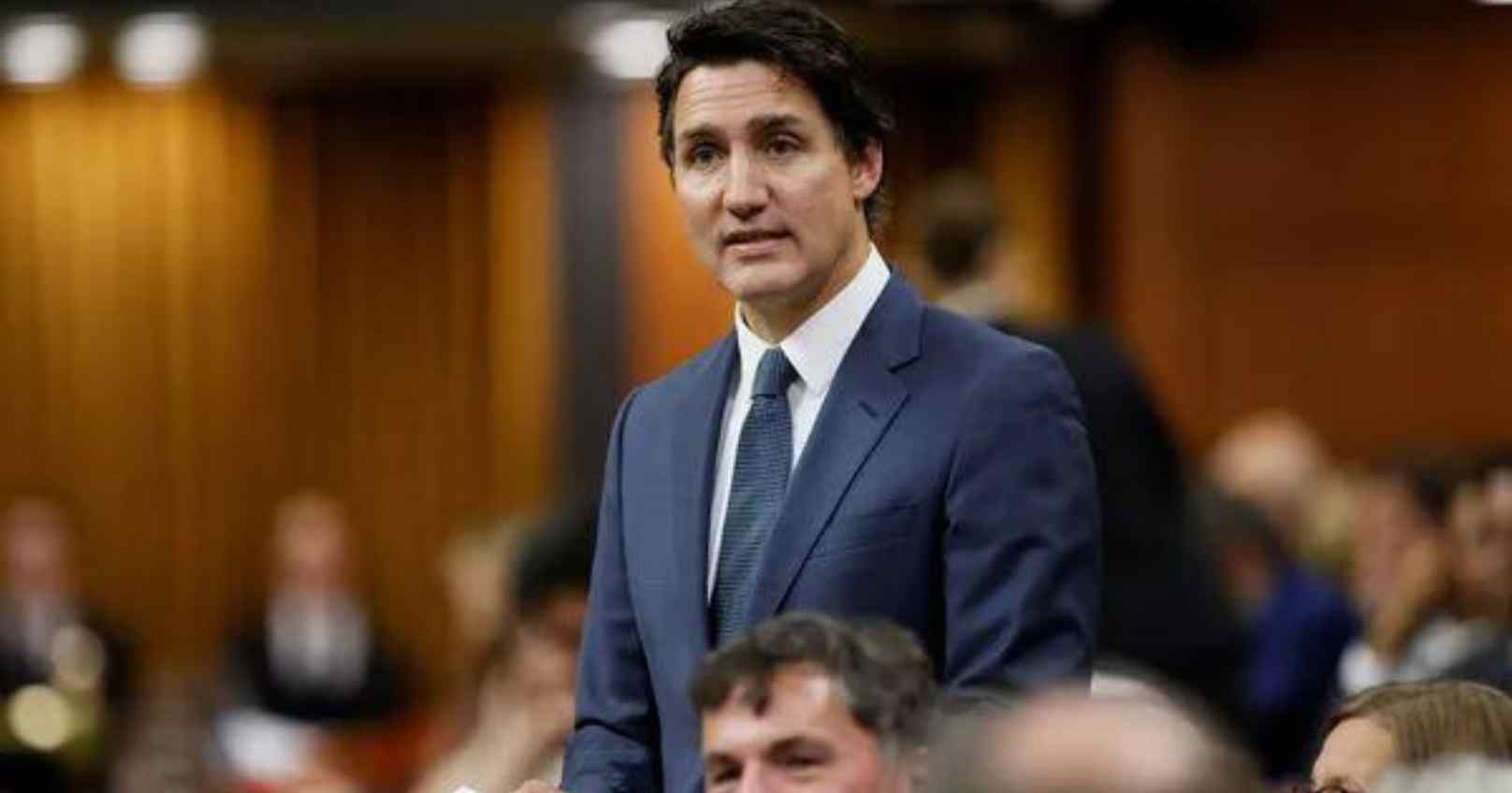The Canadian government has announced a reduction in the issuance of study permits for international students, with Prime Minister Justin Trudeau emphasizing a crackdown on individuals exploiting the immigration system. The measures, revealed on Wednesday, also aim to impose stricter rules on foreign workers, intending to reduce the overall number of temporary residents.
In a tweet, Trudeau stated that 35% fewer international study permits would be issued this year, with a further 10% reduction in 2025. He added that while immigration benefits Canada’s economy, the government would not tolerate abuse of the system.
The planned reduction would see 437,000 study permits granted by 2025, down from 485,000 in 2024. For comparison, 509,390 study permits were approved in 2023, and 175,920 permits had already been issued by mid-2024.
This announcement follows a January decision to cap international student numbers for two years, which is expected to result in a 35% reduction in student intake in 2024 compared to 2023.
Foreign Minister Marc Miller addressed the changes, emphasizing that coming to Canada is a privilege, not a right, and warning that not everyone will be able to stay. He also highlighted the government's intention to overhaul the temporary residency programs and limit work permits for spouses of international students and foreign workers, as well as increase scrutiny on travel visas to address rising fraudulent claims.
The move to reduce temporary residents comes as Trudeau’s Liberal Party faces political pressure, having recently lost a key seat in Quebec in a by-election. Public concern over rising immigration numbers has put pressure on Trudeau’s administration, especially regarding the strain on housing and social services.
In 2023, Canada’s population surpassed 41 million, prompting the government to consider further cuts to immigration ahead of the 2025 general election. Trudeau’s government has committed to reducing temporary residents to 5% of the total population, down from 6.8% in April of this year.







